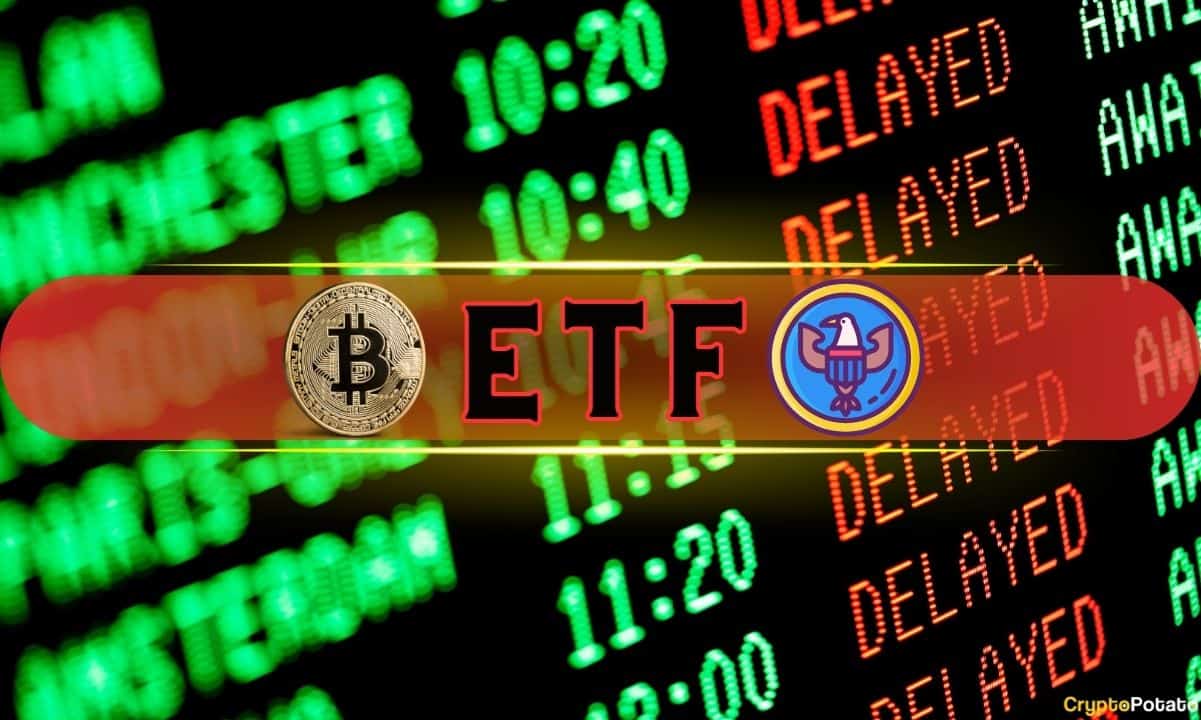RAK Properties to Accept Bitcoin and Crypto for Real Estate in UAE
TLDR
- RAK Properties now accepts BTC, ETH, and USDT for international property purchases.
-
All crypto payments are converted to AED via Hubpay’s regulated payment platform.
-
The Mina project will deliver 800+ waterfront units before the end of 2025.
-
UAE crypto adoption surged, with retail activity growing 75% year over year.
RAK Properties, a publicly listed real estate developer in Ras Al Khaimah, United Arab Emirates, has launched a new payment option allowing international clients to buy property using digital assets.
The company announced on Monday that it will now accept Bitcoin (BTC), Ethereum (ETH), Tether (USDT), and other cryptocurrencies for real estate transactions. The move is part of a broader strategy to attract global investors and diversify payment methods in line with market trends.
RAK Properties partnered with UAE-based fintech firm Hubpay to process these crypto payments. Hubpay will convert the digital assets into UAE dirhams (AED) and deposit them into RAK Properties’ accounts. This ensures that the developer does not directly handle any crypto and maintains compliance with financial regulations.
Crypto Payments Powered by Hubpay’s Regulated Platform
Hubpay is licensed and regulated by the Abu Dhabi Global Market (ADGM) and supports secure digital asset transactions. Through this partnership, RAK Properties aims to connect with a new generation of digitally aware and investment-savvy property buyers.
“This partnership is about enabling a leading real estate developer to attract a new class of global buyers,” said Kevin Kilty, CEO of Hubpay. “Our regulated solution ensures the process is secure, compliant, and seamless for global clients.”
The payments will be facilitated entirely through Hubpay and its partners licensed under Dubai’s Virtual Asset Regulatory Authority (VARA), ensuring each transaction remains transparent and secure. RAK Properties confirmed it will not receive or store digital assets directly.
UAE Strengthens Position as Global Crypto Hub
The United Arab Emirates has positioned itself as a growing center for digital asset adoption. Clear regulations and zero tax on crypto gains have driven strong growth in both retail and institutional crypto activity.
According to Chainalysis data, crypto transactions in the UAE grew across all size categories, with small retail transactions rising over 75% year-on-year as of mid-2024. Chase Ergen, a board member at DeFi Technologies, forecasted that crypto could become the UAE’s second-largest sector within five years.
RAK Properties joins a growing list of companies in the region adopting crypto payments. The company is celebrating its 20th anniversary in 2025 and expanding its portfolio with 12 new developments, including its flagship Mina beachfront project. More than 800 units are scheduled for delivery in the Mina community before the end of the year.
Mina Project Targets Global Real Estate Investors
The Mina development, located on Ras Al Khaimah’s coastline, is a central part of RAK Properties’ expansion strategy. With new crypto payment options, the company expects to draw more attention from international investors seeking secure and modern real estate investment opportunities in the UAE.
This move also aligns with the UAE’s Vision 2030 goals, which aim to diversify the economy and foster innovation across sectors, including real estate and fintech.
The post RAK Properties to Accept Bitcoin and Crypto for Real Estate in UAE appeared first on CoinCentral.
You May Also Like

American Bitcoin’s $5B Nasdaq Debut Puts Trump-Backed Miner in Crypto Spotlight

Cashing In On University Patents Means Giving Up On Our Innovation Future
